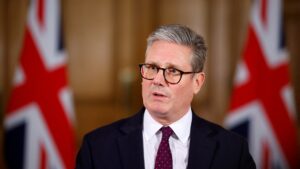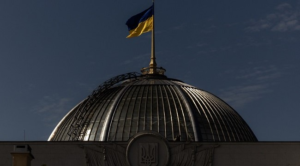
All worship houses in Ekiti are to remain closed, the state government declared on Wednesday. The Commissioner for Health, Dr Mojisola Yaya-Kolade, announced this at a COVID- 19 press briefing in Ado Ekiti, saying it was to curb the spread of the virus.
Yaya-Kolade said the state also has six patients, after four were discharged from the isolation centre recently having tested negative twice. She added that government would on Thursday commence testing at its molecular laboratory to boost the state’s testing capacity.
“We do not want to open and later say we want to close our worship centres. ” We have met with the religious leaders and what we said was that churches and mosques should remain closed. “We deliberated and the decision to reopen will only be made when we see that we have enough scientific evidence to show that it is safe to reopen.
“We are happy that there is no community spread in Ekiti, there is even decline and we have to keep this tempo going “A lot of things happen in churches like handshaking, embracing, clustering and taking of Holy Communion together, all these must be resolved before we can say we want to open our churches,” she said.
The commissioner said all the patients at the isolation centre were in stable condition, adding that those on oxygen supplementation had been taken off and could now breathe on their own. “Also, two of the six still being isolated have turned negative.
We are awaiting the second negative for them to be discharged. “We will begin pilot testing tomorrow (Thursday) at the molecular laboratory that we established. Everything is set for the commencement of the large scale testing,’’ she added.
Also speaking, the Coordinator of the State COVID-19 Task Force, Prof. Bolaji Aluko, stated that the security situation was under control, with no major breaches at the borders. “The guidelines for bringing of corpses to Ekiti still remain the same. ”
Whoever wants to hold any burial must get a death certificate to obtain clearance at the Ministry of Health. “The use of masks is still very imperative at this point because it will help in curtailing spread while government is receiving palliatives from major partners and distributing it to residents,’’ Aluko said.
(NAN)






